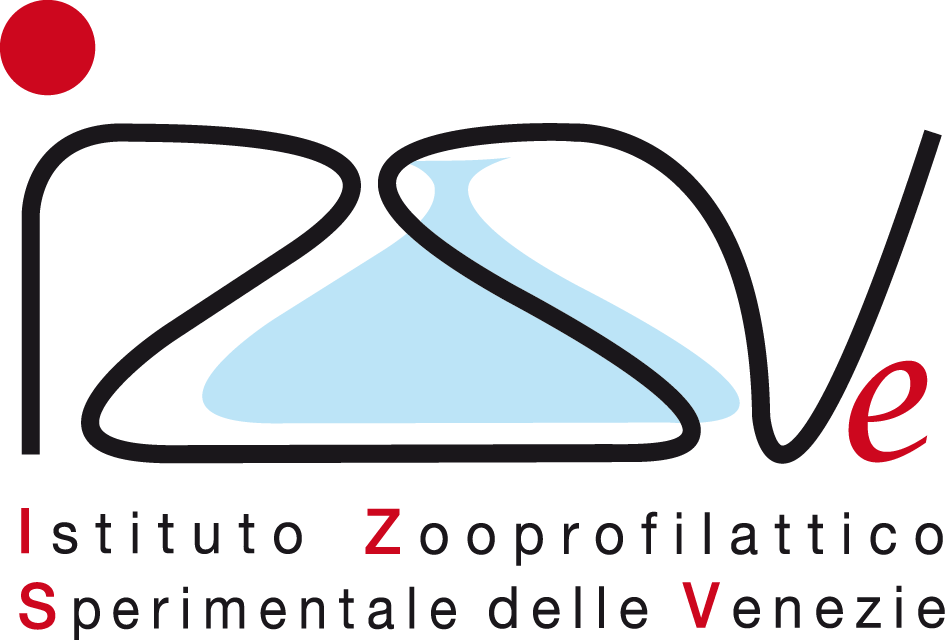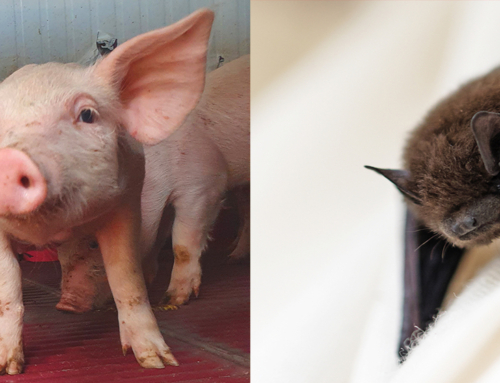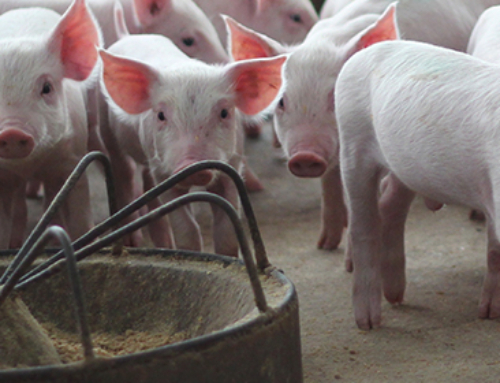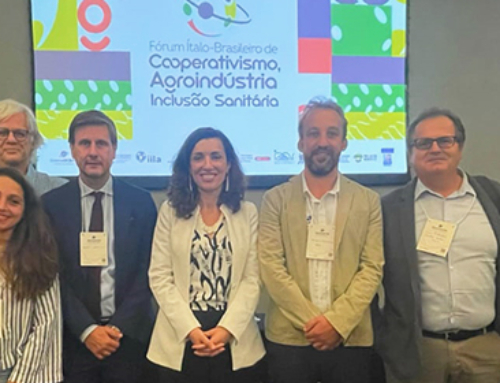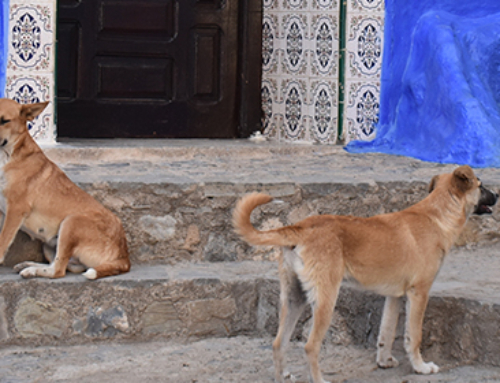The Health Emergency Preparedness and Response Authority (HERA) of the European Commission, through the European Health and Digital Executive Agency (HaDEA) supports the establishment of the “European Vaccines Hub (EVH) for Pandemic Readiness”, a pan-European center dedicated to advancing public-health–relevant vaccine development. The Grant Agreement has been signed today, marking a transformative step in public-health–relevant vaccine development.
By integrating excellence in vaccine research, human monoclonal antibody (H-mAbs) development, clinical trials, and scalable manufacturing activities, EVH creates a dynamic and collaborative European environment. The EVH consortium is made up of 11 Beneficiaries, 13 Affiliated and Associated entities, from 7 different countries, including leading EU organizations directly involved in vaccine development and in charge of pandemic preparedness in their own countries. The EVH project is coordinated by the “Sclavo Vaccines Association”, a non-profit organization based in Siena devoted to support vaccine research and development.
 The EVH project contributes to the development of an agreed set of pandemic-prototype vaccines and scalable technologies through a consortium of major EU Vaccine R&D institutions and manufacturers, ensuring effective coordination of national vaccine research programs. EVH aligns with the current international consensus on pandemic-vaccine development, leveraging insights from existing prototypes to enable the rapid selection and deployment of the most suitable vaccine candidates in an emerging pandemic.
The EVH project contributes to the development of an agreed set of pandemic-prototype vaccines and scalable technologies through a consortium of major EU Vaccine R&D institutions and manufacturers, ensuring effective coordination of national vaccine research programs. EVH aligns with the current international consensus on pandemic-vaccine development, leveraging insights from existing prototypes to enable the rapid selection and deployment of the most suitable vaccine candidates in an emerging pandemic.
Structured around four pillars supporting key activities and infrastructures of the vaccine development pipeline, EVH integrates leading European institutions with distinct expertise and in charge of pandemic preparedness in their own countries. In detail: Pillar 1 on “Discovery” is led by Fondazione Biotecnopolo di Siena (Italy), Pillar 2 on “Preclinical studies” by Institut Pasteur (France), Pillar 3 on “Clinical studies” by Vaccinopolis (UAntwerpen, Belgium), and Pillar 4 on “Manufacturing” by DZIF and ZEPAI (Germany).
EVH aims not only to create a reactive R&D system and knowledge hub linking powerful leading research institutions, but also initiate vaccine-development projects, refining relevant processes and procedures within its framework. The focus is on a select group of pathogens deemed critical for pandemic preparedness, as identified in the recently issued WHO Pathogens Prioritization report for the European region. From prototype design to clinical applications, the EVH drives innovation, enhance clinical evaluation capacities, and coordinate efforts with manufacturers while optimizing the digitalization of vaccine design and distribution processes.
“The EVH represents a transformative initiative to strengthen Europe’s ability to respond to future health emergencies,” said Rino Rappuoli, Scientific Director of Fondazione Biotecnopolo di Siena. “By uniting top vaccine developers, Biotechs and academia cross Europe, we aim to drive innovation and ensure strategic autonomy in vaccine R&D and manufacturing.”
Prof. Donata Medaglini, Vice Rector of the University of Siena and EVH Scientific Coordinator added: “The EVH marks a decisive step toward building a resilient and proactive vaccine ecosystem in Europe. It reflects a unique collaborative effort among institutions committed to scientific excellence and global health security.”
“‘The EVH project takes up a momentous challenge and marks a significant step change in the development of vaccine strategy worldwide, especially in relation to our ability to prepare for and respond to future health emergencies,’ said Antonia Ricci, Director General of the Istituto Zooprofilattico Sperimentale delle Venezie (IZSVe). ‘In recent years we have developed excellent scientific expertise applied to the study of pathogens with pandemic potential, such as avian influenza viruses and coronaviruses. Being part of this consortium not only is a matter of pride and high prestige for us, but also represents a great recognition for the technicians and researchers who are committed to strengthening public health”
Dr. Francesco Bonfante, veterinary virologist at the Department of Comparative Biomedical Sciences will be coordinating the activities at the IZSVe. In particular, he will lend his expertise in the field of infectious diseases of animal origin and provide biosafety laboratories and highly specialised personnel, able to rapidly test vaccines and monoclonal antibodies designed to contrast several agents of animal origin with pandemic potential.
An official Kick-off meeting was held at the Rectorate of the University of Siena, Siena, Italy, on 22–23 May 2025, gathering over 160 participants, including representatives from all institutions involved in the EVH project, as well as from the European Commission and key European and national authorities, including the Health Emergency Preparedness and Response Authority (HERA), the European Health and Digital Executive Agency (HaDEA), the European Medicines Agency (EMA), an representatives of the Italian Ministry of Health, and of the Italian Ministry of University and Research. The event will provide an opportunity for high-level dialogue among leading institutions and set the stage for a coordinated response to future pandemic threats.
The EVH project is co-funded for the next 4 years from the European Union’s EU4Health programme, with a EU contribution of 101.995.339€ and estimated total project cost of 169.992.333€.
Facts about the EVH project
Title: European Vaccines Hub for Pandemic Readiness
Acronym: EVH
Duration and start date: 48 months from 1st March 2025
Coordinator: Sclavo Vaccines Association (Italy)
Estimated total project cost: 169 992 333,00 EUR, including 60% of EC-cofunding
Project co-funder: European Health and Digital Executive Agency (HaDEA)
Consortium Composition – 11 Beneficiaries and 13 Affiliated and Associated Entities from 7 European countries
Beneficiaries
- Sclavo Vaccines Association ETS (Italy)
- Fondazione Biotecnopolo di Siena (Italy)
- Institut Pasteur (France)
- University of Antwerpen -Vaccinopolis (Belgium)
- Deutsches Zenturm fur Infektionsforschung – (Germany)
- The Center for Pandemic Vaccines and Therapeutics – ZEPAI (Germany)
- Leiden University Medical Center (The Netherland)
- Université Libre de Bruxelles (Belgium)
- Folkehelseinstituttet- Norwegian Institute of Public Health (Norway)
- University of Siena (Italy)
- Instituto de Biologia Experimental e Tecnologica (Portugal)
Affiliated entities
- Istituto Zooprofilattico Sperimentale delle Venezie (Italy)
- Infectious Disease Models and Innovative Therapies – CEA (France)
- Institut national de la santé et de la recherche médicale (France)
- Philipps Universität Marburg (Germany)
- Helmholtz Zentrum München Deutsches Forschungszentrum für Gesundheit und Umwelt (Germany)
- Helmholtz-Zentrum für Infektionsforschung (Germany)
- Klinikum der Ludwig-Maximilians-Universität München (Germany)
- Stiftung Tierärztliche Hochschule Hannover (Germany)
- Technische Universität München (Germany)
- Klinikum der Universität zu Köln (Germany)
- Universitatsklinikum Hamburg-Eppendorf (Germany)
- Eberhard Karls Universität Tübingen (Germany)
Associated entity
- Pasteur Network (France)


